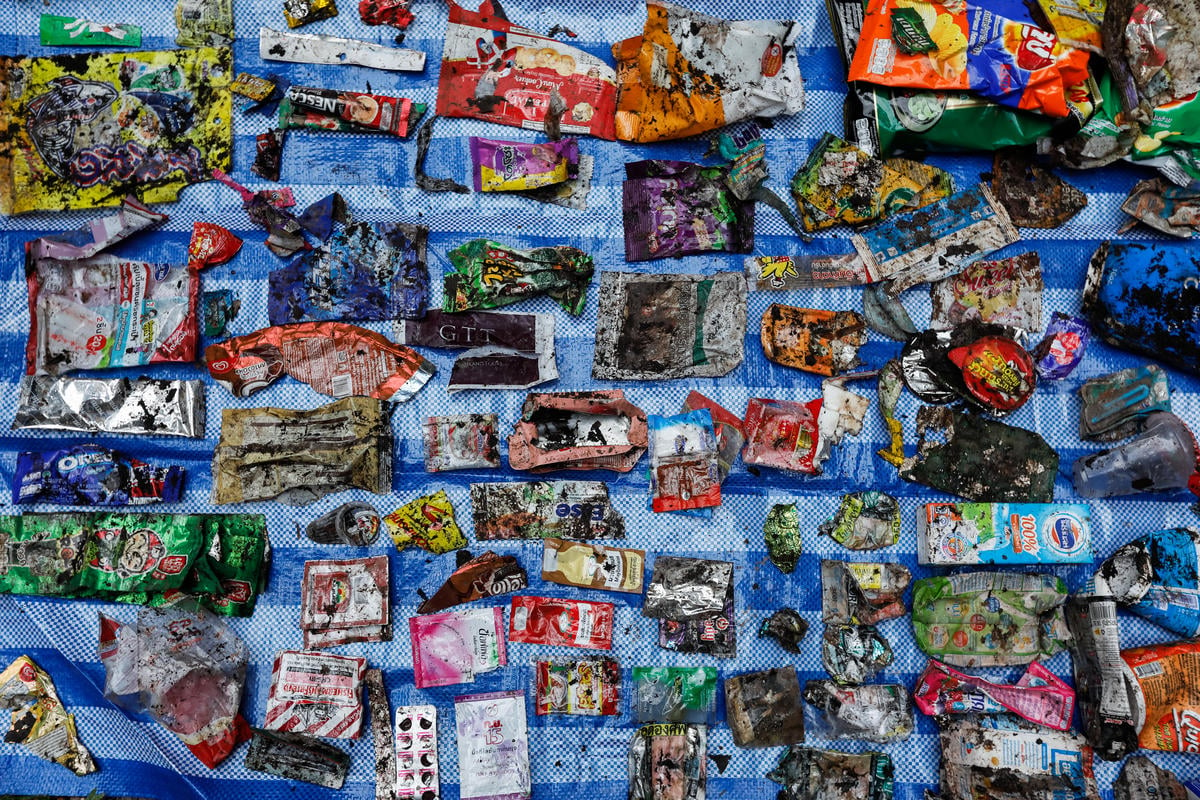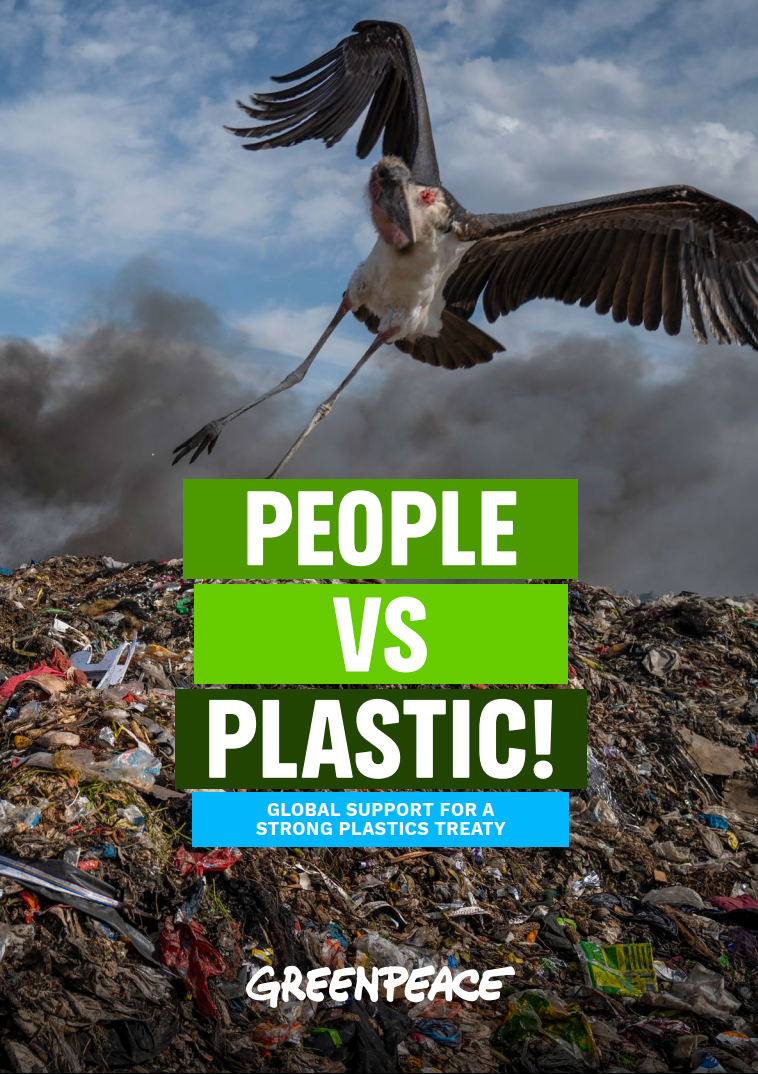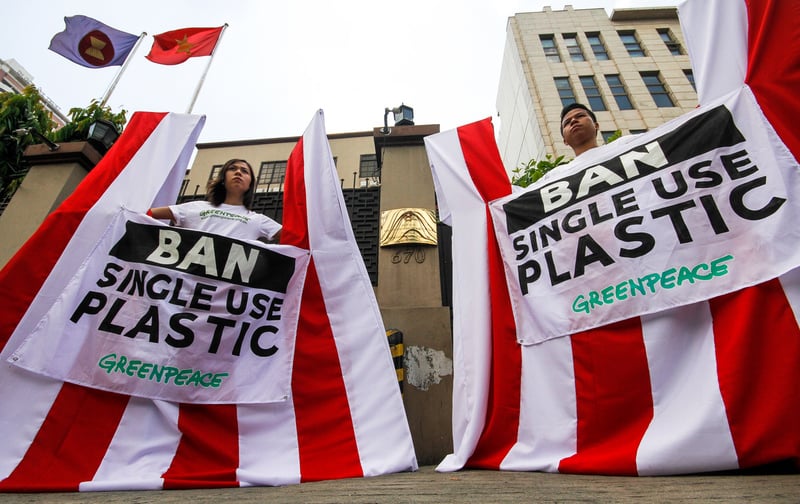A Blog Series with Tips, Tools, and Reflections.

Since the beginning of the pandemic, many convenient stores and fast-food chains have rightly taken steps to limit contamination in their restaurants and stores. In an emergency, they chose to ban the use of reusable containers. But as more and more companies follow suit, we’re tackling the questions: are single-use packaging and containers actually safer? Is the fear of contamination from reusable containers justified?
A recent study has shown that the virus can remain viable on inert surfaces, with varying lengths of time depending on the surface. Four hours on copper, 24 hours on cardboard, 48 hours on stainless steel and up to 72 hours on plastic.

So one thing we can deduce from this is that whether it’s reusable or disposable containers, contamination can occur on any surface, regardless of the material. The #1 rule is therefore to observe the strictest rules of hygiene and disinfection: wash your hands and wash your reusable containers, cups, bottles and bags as often as possible with hot soapy water.
This study did not prevent the plastics industry in the United States from jumping at the opportunity to engage in a public relations war to counter regulations aimed at reducing the use of plastic bags at source. Through editorials and alarmist articles, industry lobbies have been hammering out the same message over and over again for several weeks: the use of reusable bags would play a role in the contamination of Covid-19 and, de facto, “the ban on single-use plastic bags could not come at a worse time.”
Industry groups, particularly in the USA, saw this crisis as an opportunity to exploit the fears of people around Covid-19 to advance their pro-pollution agendas.
As our colleagues at Greenpeace USA have pointed out, the truth is that there is no substitute for strict hygiene. Just because a material is made from single-use plastic does not mean that it is less likely to transmit viral infections during use.
“The decisions we make for our families in this health crisis should be based on science and the advice of health professionals, not on lobbyists from the fossil fuel and plastics industries.”
“Wherever reusable products are an option, it is incumbent on us to do our part to protect each other by washing them thoroughly after each use. And beyond this crisis, companies must do their utmost to ensure that all the means they use to sell their products are sanitary and protect the health of employees and customers – as well as the environment.“ ~ John Hocevar, Greenpeace USA Oceans Campaign Director
Here in ASEAN, some countries have already passed regulations to ban the use of single-use plastics, so it is essential that we place the greatest emphasis on science and not on industry lobbyists who defend interests that are incompatible with the current environmental crisis. This is what we will be working on in the coming weeks.
In the meantime, you’d like to continue your efforts to curb the plastic pollution crisis? Here are a few tips on how to untangle the real from the fake when it comes to reusable plastics:

Is it safe to continue to use reusable containers?
Yes, soap and hot water are effective in disinfecting surfaces from viruses, including COVID-19, and bacteria.
Domestic and industrial dishwashers are also effective in disinfecting dishes and reusable containers. As Vineet Menachery, assistant professor of microbiology at the University of Texas School of Medicine, said, “I wouldn’t expect a virus to survive a dishwasher.”
Is single-use packaging safer?
No, not if compared to carefully washed reusable containers. Single-use disposable items can harbour pathogenic viruses and bacteria. They are subject to all the pathogens that have attached themselves to them during their manufacture, transportation, storage and eventual use.
Zero-waste specialist Bea Johnson summed it up: “With disposable products, you have no idea who has touched them. With your own reusable containers, you know who touched them!”
Plus, when single-use plastic is in the form of pollution, one study has found that plastic can transport harmful pathogens through waterways and our oceans.
Can I still shop at zero waste grocery stores?
Due to the pandemic, some zero waste stores have adjusted their business practices in light of the public health restrictions put in place by governments and to ensure the health and safety of their staff and customers.
If your own containers are still allowable, don’t forget to wash your containers with soap and hot water before and after you go grocery shopping.
Coronavirus is spread primarily through coughing, sneezing and touching. As long as you are assured that your zero waste grocery store has strict measures in place for physical distancing, cleaning of containers, counters, payment materials and that customers are asked to sanitize their hands in and out of the store, you have no more worries than you would in a conventional grocery store.
If you are at risk of being a carrier of the virus, the rule that applies is to stay home and have someone else deliver your purchases to you.
Major coffee chains (such as Starbucks and Tim Hortons) and other restaurants no longer allow reusable cups or containers. Do you think this will continue, and what does that mean?
Today, companies like Starbucks and Tim Hortons are rightly focused on keeping us all safe. These companies have assured us that these are temporary measures.
The coronavirus crisis has shown that we do not have the systems in place to ensure complete sanitization for take-out products, which is true for disposable or reusable products. So what we need to do is put in place better distribution and delivery systems to ensure that take-out through reuse models or bulk purchases can be made in a sanitary manner.
All consumer goods and services companies must ensure that they have fall-back reuse models that still meet environmental objectives, while also addressing potentially heightened health and safety objectives, instead of the fall-back creating mounds of packaging waste and potential pollution.
Restaurants, supermarkets and shops have had to adapt in an emergency and it is very likely that there will be an explosion of single-use products. Once the coronavirus has passed, we will ensure that measures to reduce plastic at source are back and that these companies work with governments to find solutions to prepare for possible future health crises.
What measures should be put in place in the future to respond to this type of health crisis without undermining the zero-waste model?
In other parts of the world, initiatives have been developed to provide restaurants and cafés with reusable cups and clean, sanitized take-out containers. For example, dirty cups are collected in dedicated boxes and placed in strategic locations, washed and sanitized in commercial dishwashers and then returned to service.
In general, larger companies have the means to create new systems adapted to ensure that the transition to less wasteful models can be made safely and with the highest standards of sanitization in order to respond to the plastic pollution crisis.
One thing is certain, while this pandemic will change many things in our lives in the months to come, it will not change our core values, such as working towards a healthy planet and a fair and sustainable economy.




Discussion
During this crisis, we have to be objective. As you clearly state "properly washed plates". However, how can we be sure about the handling of this plates, once they are out of the washer? or how can you trust that every single person in a coffee shop washed their cup properly? I understand, that in the long run we all look to sabe the planet, but at this times shouldnt we be more flexible? Also, it would be very nice to see how contamination from single use plastics compares to resource use for washing all the plates we would need to wash. I am not saying one is better than the other, but i just want to know if there is an in depth study with proof. In a perfect world, people woud recycle, companies would recycle and governments would provide infraestructure for this. So that we are all liable. Just a thought. What options do you suggest for fast food restaurants? Also, why do we focus our attention to plastic so much, why there are much worse problems in the world?